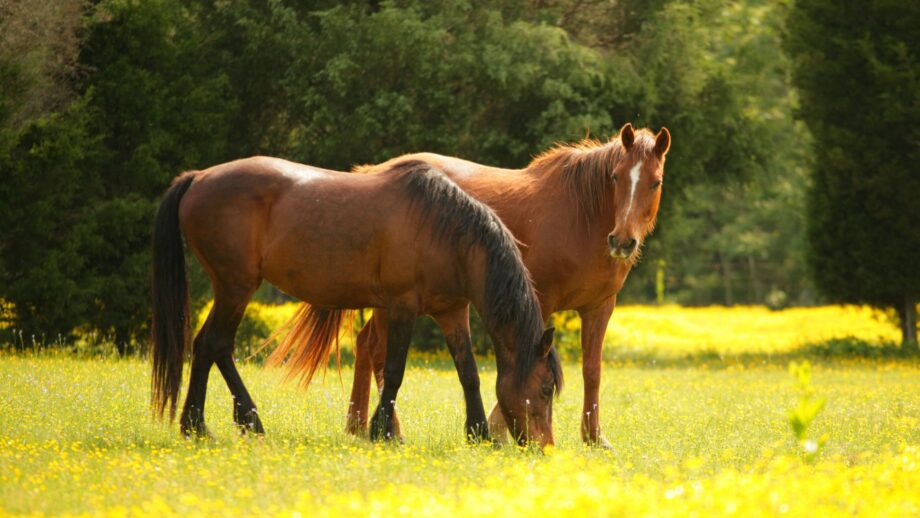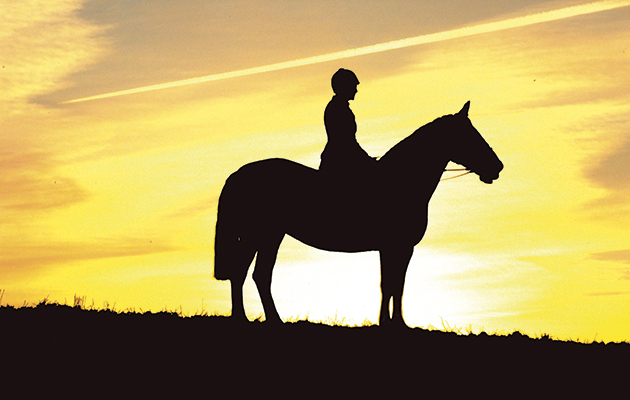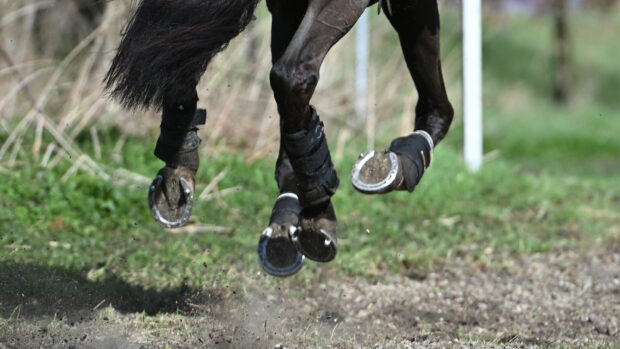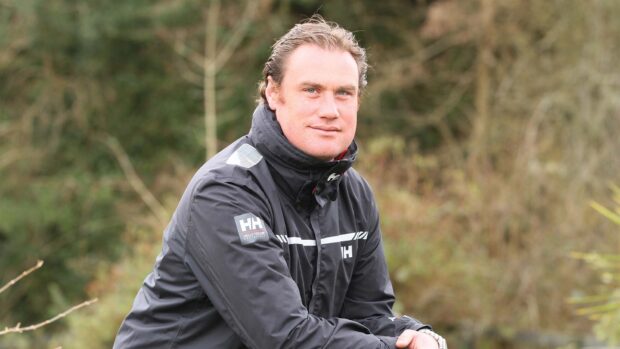Honesty and knowing that whatever is felt is valid are two key issues when helping children — or adults — deal with the death of a horse.
H&H spoke to Blue Cross pet bereavement manager Diane James, after the subject had been raised recently online. Parents often struggle with how to break the news to a child that a horse or pony has died, or will have to be put down, and Diane said the key is to be honest with them.
“The most important thing is being honest and open from the start,” she said. “About what’s going to happen, without being too gory, and keep them involved. But you know your own child best.”
Diane said reaction often changes with age; younger children are often better able to cope, but teenagers can be introverted, and will talk about it to their peers rather than adults.
“It’s similar to any loss, human or animal,” she said. “It also depends on the relationship between the animal and child, but every person is different in how they react and feel.”
Diane said this includes the fact some people may be able to move on fairly fast, whereas others take longer, or may never feel they want to have another horse.
“They might feel guilty, and that they’re replacing the horse, but they’re not,” she said. “Or they might feel they’re dishonouring the horse they’ve lost. Others might be able to go out the next day and buy another horse and that’s the right thing for them; no one should ever feel guilty as it’s what’s right for you or your child.”
Diane added that there are great similarities between the ways people grieve for animals and other humans.
“But there’s a difference with animals, like often there’s guilt because we make that decision for them,” she said. “Sometimes the burden of what we’ve done goes with us, and sometimes I think we delay it because we love them, which isn’t always the right reason.”
Diane added that it is important for children and adults to realise that “however you’re feeling is normal”.
“It’s important to normalise it,” she said. “Every one of us is different but it’s normal to feel sad, angry, happy, guilty; all those emotions are perfectly normal.”
Diane added that it helps to talk about the loss, if possible, in person to people, or posting tributes on social media; anything other than bottling things up. Another thing to consider is whether adults, or children, want to be present when the horse is put down, which is dependent on the individual.
She added: “Most people who have loved and lost have reached the conclusion that it’s the best thing but there are always people who prolong an animal’s suffering, thinking it’s in their best interests.
“When people ask us for an answer, as they often do, we always say ‘Speak to your vet’. As much as we love our horses, we need to make sure we’re doing the best for them.
“I feel for all of us who have gone through it; it’s the hardest act of love you’ll ever carry out, and the toughest decision you’ll ever make.”
You might also be interested in:

Making the hardest decision when you care for an elderly bonded pair of horses

10 horse hair and ash keepsakes to remember your horse by

‘The hardest decision’: euthanasia survey to provide support for owners
Having a horse put down is a difficult decision, and practices vary globally. H&H looks at new support for owners

Equine euthanasia: what you really need to know
Saying goodbye to a much-loved horse is never easy, but help yourself be prepared for this sad time with Horse

Subscribe to Horse & Hound magazine today – and enjoy unlimited website access all year round
Horse & Hound magazine, out every Thursday, is packed with all the latest news and reports, as well as interviews, specials, nostalgia, vet and training advice. Find how you can enjoy the magazine delivered to your door every week, plus options to upgrade your subscription to access our online service that brings you breaking news and reports as well as other benefits.




